Government increase Access to Work cap
With hours to go before a BBC disability news team feature examining the detrimental impacts of the Access to Work cap is due to air and with an impending high court challenge against the cap, the government has announced it is increasing the cap. They say this will affect fewer Deaf and Disabled people.
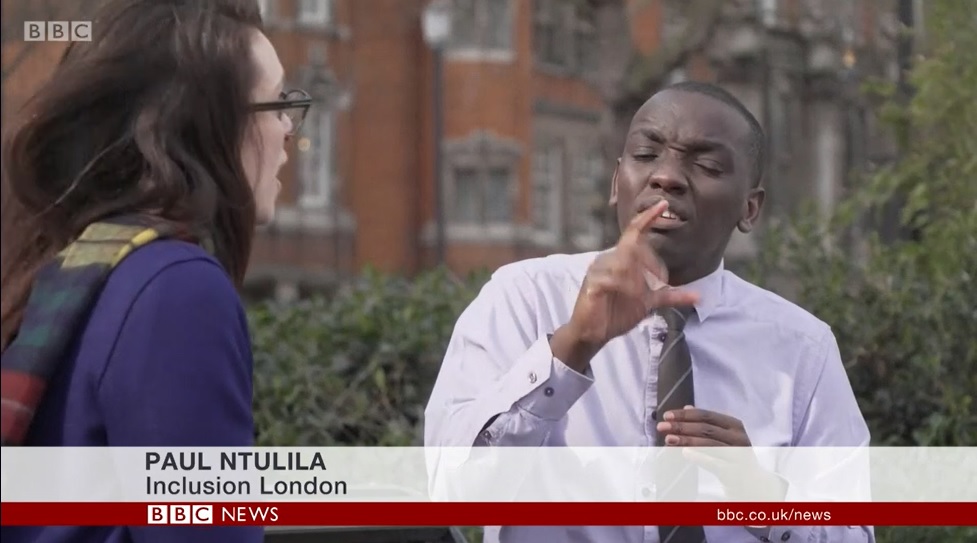
With hours to go before a BBC disability news team feature examining the detrimental impacts of the Access to Work cap is due to air and with an impending high court challenge against the cap, the government has announced it is increasing the cap. They say this will affect fewer Deaf and Disabled people.
Inclusion London remains committed to the position that any form of cap is inappropriate and discriminatory. Any cap hits those with the highest support needs, effectively penalising Deaf and Disabled people with the highest support needs and impacting most on certain impairment groups. The new cap has been increased from 1.5 x the average worker’s salary (£42,100) to 2x (£57,200) but is still a fixed limit set in an entirely arbitrary way whereas costs for highly specialised equipment and good quality professional interpreters tailored to an individual’s needs can exceed this amount or vary from year to year. There is no financial reason for a cap given that investment in Access to Work makes a return on investment to the Treasury through taxes, without taking into account the added cost benefits of savings to the NHS or social care budgets.
The cap is also just one issue within a whole range of problems that Deaf and Disabled people are experiencing with Access to Work. These include administrative and financial errors on a scale that is making employment unviable for many, alongside cuts and restrictions to individual support packages that are placing intolerable strain on Deaf and Disabled people doing their best to stay in work. An urgent review of the scheme in consultation with Deaf and Disabled people is well over due.
See news coverage of the issue here:
BBC News – Access to work: Funding increase for disabled workers
Daily Mail – Grants to help disabled into work increased by £15,000
Huffington Post – Grants To Help Disabled Into Work Increased By £15,000
Photos from the BBC coverage:
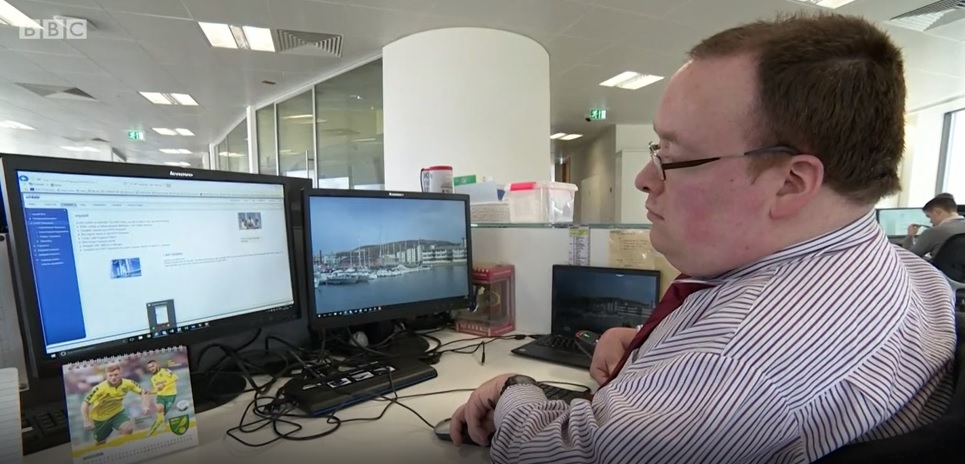
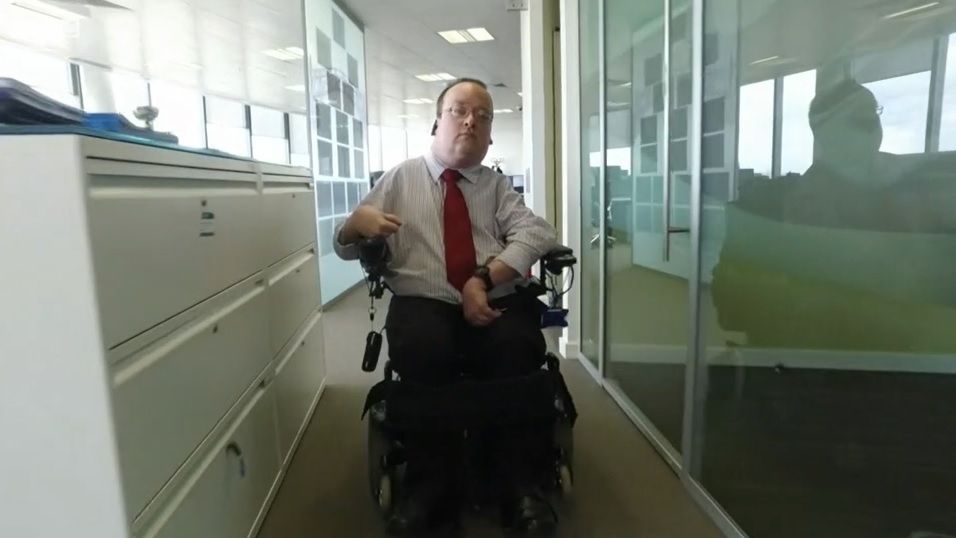
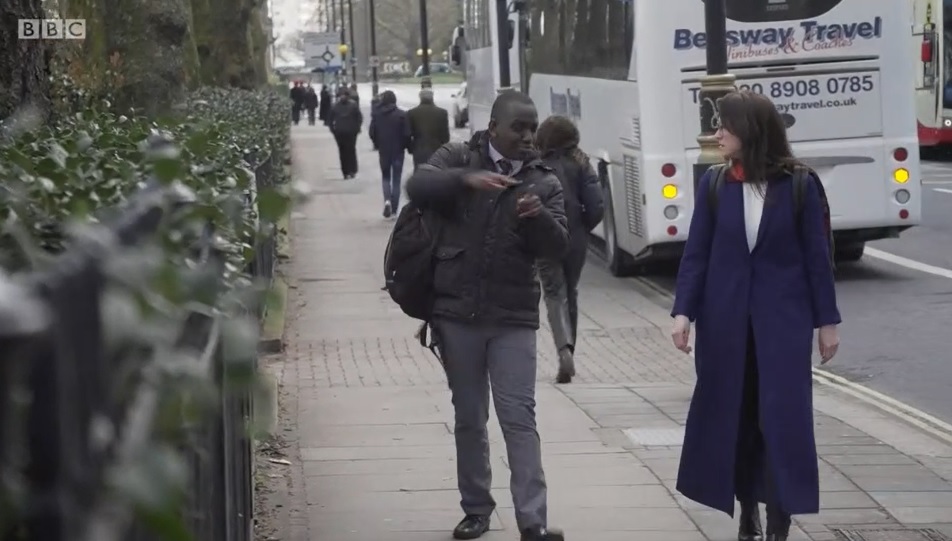
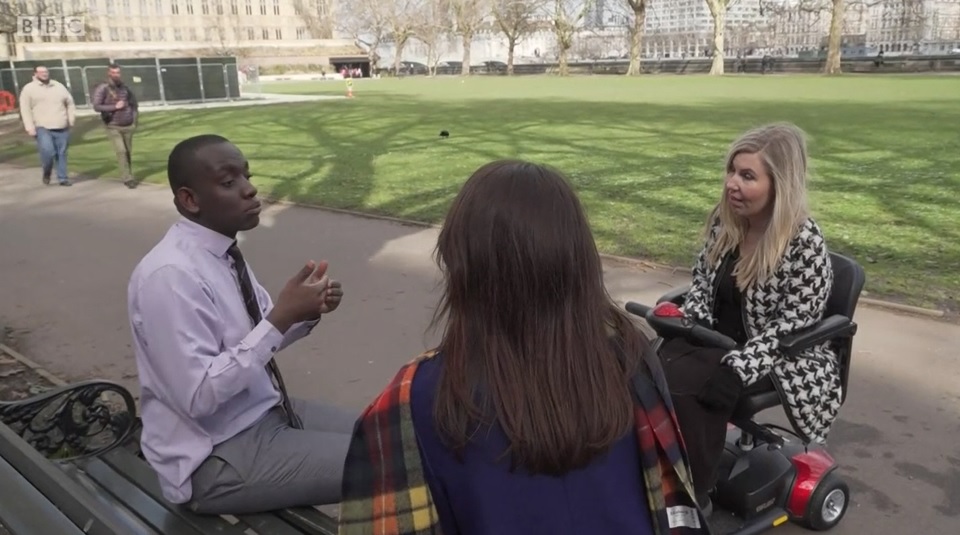
Written statement from Esther McVey
See the statement on Parliament.uk here.
In March 2015, as part of a package of improvements to Access to Work, the former Minster for Disabled People, Health and Work and the right honourable member for Forest of Dean announced the introduction of an annual limit on the amount of an Access to Work grant of 1.5 times average salaries in order to encourage better use of public funds and to enable Access to Work to support more people – particularly traditionally under-represented groups. The cap has been in place since October 2015 but a period of transitional protection was granted to enable those who were spending above the level of the cap on introduction time to adjust to the new limits.
During this transitional period for people to adjust to the need to source their support within a limit, we have seen considerable progress. The average spend amongst the remaining transitionally-protected customers has fallen from around £57,000 each to around £45,000 each. This suggests that it is achieving the intended incentive effects on individuals and employers to make best use of funding as well as freeing over £2m per year, to support growing numbers of people benefitting from the scheme, alongside the extra resources provided in the Spending Review. I am therefore persuaded that the principle of the cap is sound, balancing the need to provide support to the largest number of people, and at a significant level for some, with the need to make the best use of public funds.
At the same time, the Government have always said that we would also use this time to monitor the impact of the cap on individuals and work with customers and other stakeholders to see if any further practical mitigations could be applied to those whose needs still remain above the cap. This includes emphasising the duties that employers have to play their part and make reasonable adjustments under the Equality Act 2010. At the same time it was agreed that we would lead a review of communication support for Deaf people, which we published last year.
I am therefore pleased to announce that as a result of this engagement – particularly with the UK Council on Deafness (because the majority of capped customers are Deaf), but also with others groups and individuals that as of April 2018, the cap will not rise to £43,100 in line with 1.5 times average earnings. Instead it will rise to £57,200, double average earnings, and will be uprated annually on that basis. This means that considerably fewer British Sign Language users now remain affected by the cap. I believe it is important to retain this link to average earnings so that high-value awards, which are overwhelmingly used to purchase human support, retain their purchasing power over time.
Alongside this change, existing capped customers will, where applicable, have their needs considered against this new limit when their awards are due for their annual review.
As we continually seek to improve Access to Work, which last year approved provision for 8% more people than in 2015/16 – including 13% more people who were Deaf or had hearing loss – we will introduce the following measures:
- extra support to customers with high-value awards via automatic workplace assessments promoting available technology and reasonable adjustments and voluntary cost-share from employers as well as signposting to advice and guidance provided by third parties;
- working with stakeholders to co-produce guidance and share best practice as well as continued monitoring of the impacts on the cap;
- discretion in exceptional cases of multiple disability, to consider award limits averaged over a longer period – for example where a customer’s on-going need for a support worker may be below the cap but when coupled with a periodic need for say a wheelchair, would exceed the cap in that year;
- introduction of managed personal budgets to enable greater choice and control for customers in the way grants are spent;
- taking applications 12 weeks ahead of a job start date rather than the current six weeks to allow more time for support to be agreed and put in place;
- continuing to invest in our digital improvements such as developing the facility to submit invoices online;
- allowing more flexibility in how people can use Access to Work to support short periods of work experience where there is a likelihood of a paid job in the near future; and
- encouraging uptake of technological solutions that can both reduce costs and promote independence, we will allow risk free trials of technological solutions so that customers can revert to their old award if they wish, and also introduce a “Tech Fund” that will mean the mandatory cost-sharing contributions from employers for such items are waived where their use will save the taxpayer money.